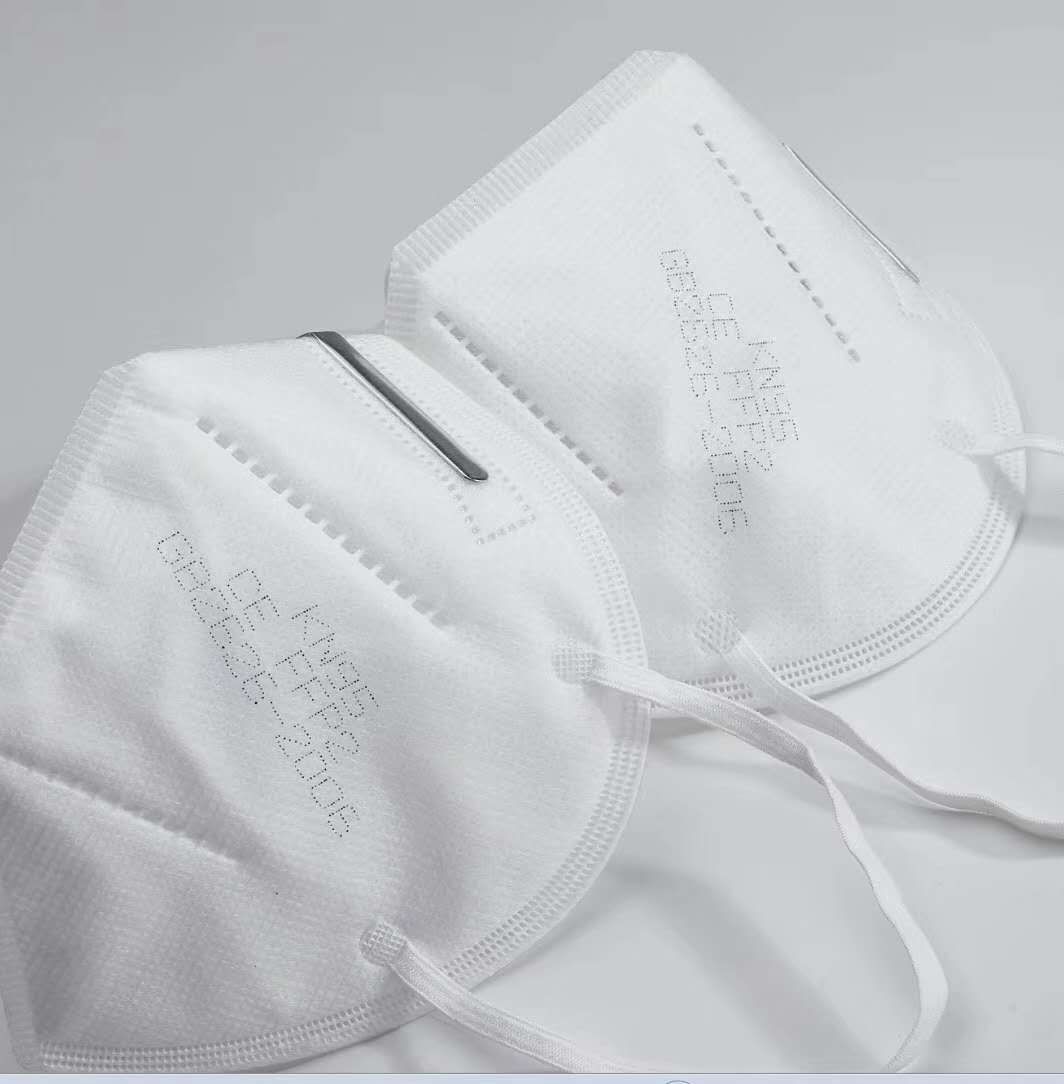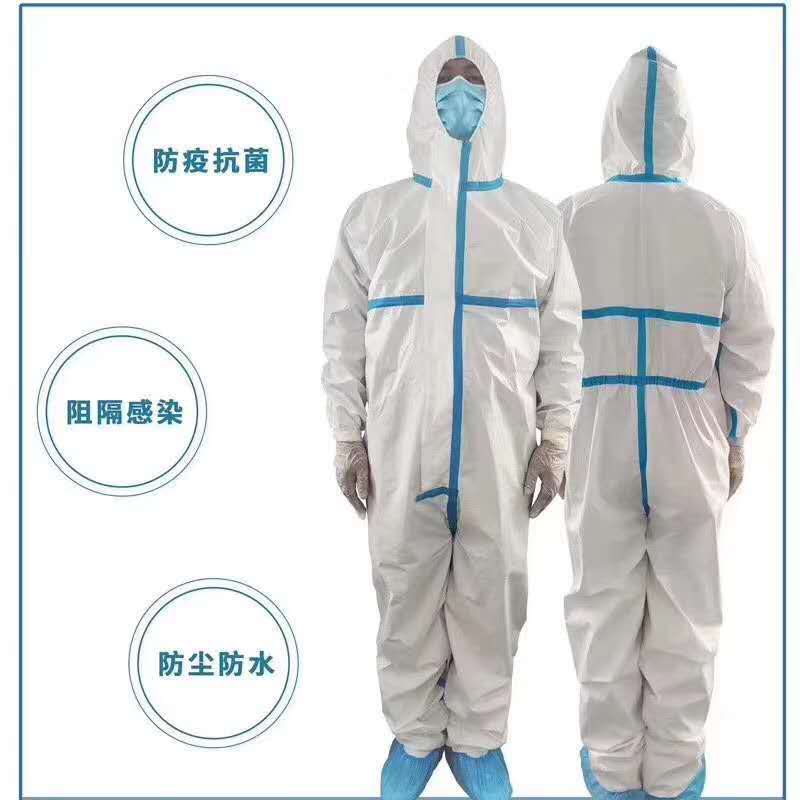Release date: 2010-03-22
Crowning is a necessary check before heart stents are placed in patients with heart disease. More serious than the consequences of abuse, the indiscriminate placement of cardiac stents has become a common problem in the international medical community. In the United States, statistics show that nearly half of the people who should not put the stent were placed in the stent. Hu Dayi believes that China also has the same problem: a considerable number of patients with stents are "over-medical." - On March 10th, the United States' New England Journal of Medicine, one of the most authoritative clinical medical journals in the world, published a new study, pointing out that coronary angiography (hereinafter referred to as crown) examination One-fifth of the Americans are “non-essentialâ€; the facts also prove that nearly two-thirds of these people “have no obvious abnormalitiesâ€. This is the latest data on over-medical care worldwide. Professor Hu Dayi, the chairman of the Chinese Medical Association Cardiovascular Branch and the president of the Cardiovascular Physician Branch of the Chinese Medical Association, pointed out to the reporter of the Life Times: "In China, too, more than half of the results of the crown inspection are normal. I dare not say that these tests are unnecessary, but such high negative results suggest that doctors should be more cautious when considering whether patients should be crowned, because this test not only brings huge costs to patients, but also surgery. Various risks involved."
Crowning is a necessary check before heart stents are placed in patients with heart disease. More serious than the consequences of abuse, the indiscriminate placement of cardiac stents has become a common problem in the international medical community. In the United States, statistics show that nearly half of the people who should not put the stent were placed in the stent. Hu Dayi believes that China also has the same problem: a considerable number of patients with stents are "over-medical."
Blindly placed the stent once intensified. In the 1980s, when the heart intervention technique was just born in the West, it was also when Hu Dayi made a call in the country and promoted it everywhere. So far, on the domestic website, many patients have been said that Hu Dayi is one of the most powerful doctors in the domestic cardiac stent surgery. However, today, he has put down the scalpel for a long time. “This is a good technology that can replace a large number of heart bridges, which can significantly reduce the trauma of patients.†Hu Dayi said, but with the blind superstition and worship of many doctors, the phenomenon of excessive stenting It was once more and more intense.
According to statistics, in 2008, there were more than 180,000 patients who underwent interventional therapy for coronary heart disease in China. Yu Mengsun, deputy chairman of the Chinese Society of Biomedical Engineering and academician of the Chinese Academy of Engineering, pointed out in an interview with the media that in fact, many patients with coronary heart disease can alleviate the disease by changing their lifestyle and behavioral hobbies. The effect is very significant. Place the stent in the heart. Hu Dayi also gave reporters an example: his teacher is a famous cardiologist. He had angina at the age of 70. He did not make crowns and put stents. Instead, he insisted on oral statins and crowns on the basis of maintaining a healthy lifestyle. The heart disease drug, now 87 years old, can still easily climb the second floor.
Even if surgery is needed, heart bypass surgery has a history of more than half a century. The technology is very mature, but it is not chosen by some doctors because of the trauma, complexity, and low success rate. "Some doctors tell patients that coronary heart disease can bridge, can also intervene, bridge to open the chest, intervention does not open the chest, I think this guidance is very ridiculous." Hu Dayi once said. He told reporters that internationally, the ratio of stenting and bypass surgery is 7:1 to 8:1, but in China, the ratio is as high as 12:1.
Hu Dayi believes that a large number of patients who do not need interventional therapy or who can benefit from interventional therapy are being placed in the stent. Huo Yong, director of the Department of Cardiovascular Diseases (Clinical Heart Disease Intervention) Medical Quality Control Center of the Ministry of Health and director of the Department of Cardiology of the First Hospital of Peking University, also pointed out that on the cardiac stent, there is even a phenomenon of “simple comparison surgery†between hospitals. "A hospital can pass the top three hospitals for review. How many interventions have been done is a landmark indicator, like GDP." A doctor from Beijing Tiantan Hospital, who asked not to be named, told reporters that he heard that some doctors went to the primary hospital. Going for surgery, if you don't put a stand, you won't be reimbursed for the toll.
Dislocation is the biggest over-medical treatment. “Some over-medical treatments are one-off, but putting them into a stent that is not supposed to be placed is one of the most serious over-medical treatments. It brings mental stress and side effects to patients. The inconvenience of performing other operations will not disappear with time." Hu Dayi said. For example, after some patients are placed in the stent, they will feel uncomfortable in the heart and can adapt after 1 year. The heart stents currently used in China are almost all drug stents. Compared with the bare stents, not only the price is higher, but also one after the placement. Years of clopidogrel, aspirin for life, fight against blood clots. These two drugs can irritate the gastrointestinal tract and cause a bleeding risk. He himself has encountered some "returning" patients, some of them are not in accordance with the indications for interventional therapy, but were placed in one or more stents, because of the failure to take medication on time, thrombosis, leading to more serious myocardial infarction.
As for the abuse of cardiac stents, there is expert analysis. It is undeniable that some hospitals regard it as a point of economic growth and a cash cow. Doctors also attach great importance to the benefits brought by the stent. Hu Dayi believes that "this situation is a minority, but it is by no means an individual." A small bracket, 2-4 mm in diameter, less than one-thousandth of a gram of weight, domestically needed 10,000 yuan, the price of imports has to be doubled, the benefits behind it can be seen. Another reason is that doctors are overly obsessed with technology. Hu Dayi said: "Medical medicine is gradually drifting away from humanities and service objects. The discipline is getting finer and finer. Medical students quickly enter a specific field of operation, ignoring the comprehensive analysis of patients' conditions."
"We can't let patients spend money, they only get mental pain and physical loss." Hu Dayi pointed out that as a global problem, over-medical damage is the patient, but the biggest victim is actually Doctor, because he will lose the trust of the patient and society.
It is not a once-in-a-lifetime in Singapore. The medical insurance department stipulates that patients who need to put a stent can only reimburse up to three patients. If they exceed, the medical insurance department will not reimburse them. Secondly, the doctors must put them into a special committee. The reason for too many brackets. Hu Dayi believes that China also needs to formulate similar standards to regulate the brackets.
"The cause of excessive placement of the stent is not only for the doctor, but also for the patient." The academic leader of the Cardiovascular Drug Clinical Research Laboratory of the Ministry of Health, Professor Zhi Zhimin, Department of Cardiology, Fuwai Cardiovascular Hospital, Chinese Academy of Medical Sciences Many patients think that taking medicine and taking injections is too much trouble. Putting the stents can be done once and for all, and they can go to the roots. They often ask for a stent. If the doctor does not agree, they will quarrel with the doctor. "In fact, even if the stent is put, it is not a once and for all." Hu Dayi pointed out that many people continue to smoke after the operation, do not take medicine on time, resulting in a rapid recurrence of the disease, or new lesions.
"One phenomenon that coexists with stent over-use is that the patient who placed the stent has not been treated in time." Vice Chairman and Secretary-General of the Cardiovascular Disease Committee of China Geriatric Care Association, and 12 Affiliated Hospital of Beijing Anzhen Hospital, Capital Medical University District Director Zhou Yujie told the reporter. For example, patients with acute myocardial infarction should be the most urgent for stent surgery, but many patients and their families do not have this awareness. The hospital has not ensured that the green channel for myocardial infarction is open all the year round, causing the condition to be delayed and missing the opportunity for surgery.
At present, the new medical reform is actively promoting a similar clinical path and single-patient fee system in Singapore, and is expected to better control over-medical care. "We must remember the advice of Hippocrates and always 'don't do too much on the patient!'" Hu Dayi said. Meditech Medical Network
In 2019, the New Coronary Pneumonia virus raged all over the world. Our company produced many anti-epidemic materials, including nucleic acid detection reagents, Antibody Detection Reagents, colloidal gold, disposable civilian masks, KN95 masks, gloves, surgical clothes, ventilator, N95 medical masks, Sexual medical masks, frontal temperature guns, face masks, KN95 masks with breathing valves, disposable medical surgical masks, etc., protective clothing, isolation clothing, nucleic acid detection reagents, exported all over the world, help people around the world resist the epidemic, hope to overcome the epidemic as soon as possible Back to normal.
In 2019, the New Coronary Pneumonia virus raged all over the world. Our company produced many anti-epidemic materials, including nucleic acid detection reagents, antibody detection reagents, colloidal gold, disposable civilian masks, KN95 masks, gloves, surgical clothes, ventilator, N95 medical masks, Sexual medical masks, frontal temperature guns, face masks, KN95 masks with breathing valves, disposable medical surgical masks, etc., protective clothing, isolation clothing, nucleic acid detection reagents, exported all over the world, help people around the world resist the epidemic, hope to overcome the epidemic as soon as possible Back to normal.
Disposable medical protective clothing
Frontal temperature guns
Disposable nitrile gloves


Disposable Protective Mask
Medical Kn95 Mask,Disposable Medical Gowns,Disposable Protective Clothing,Infrared Forehead Thermometer
Guangzhou Zhongzhinan Supply Chain Co.,Ltd. , https://www.gzzhongzhinan.com